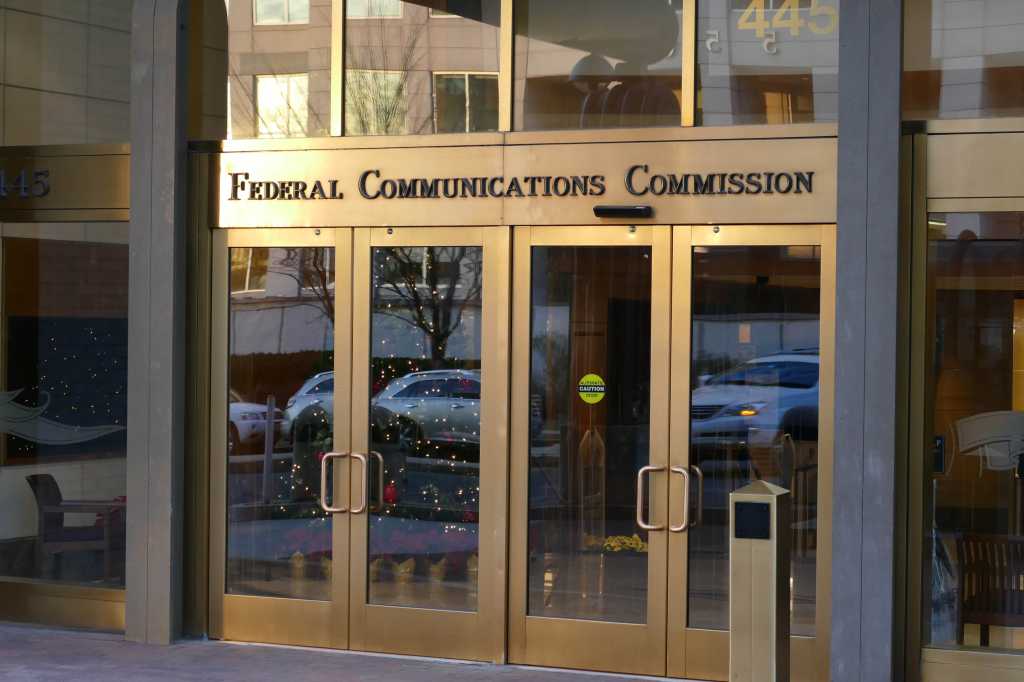The appeals court based its argument, in part, on the ending of the so-called Chevron deference principle. This principle, which once required courts to defer to agency interpretations of ambiguous laws, was ended by a US Supreme Court ruling in June 2024, and has widespread regulatory consequences for IT departments.
With Rosenworcel’s term of office drawing to a close, it seems unlikely that the FCC will continue to pursue the reinstatement of net neutrality rules for ISPs. Trump’s pick as her replacement, Brendan Carr, favors market-led innovation over federal oversight.
Implications for enterprises
With net neutrality off the table for now, enterprises face an unregulated internet landscape that could favor large ISPs. ISPs can legally prioritize or throttle specific traffic, forcing businesses to pay premiums for reliable, high-speed access to cloud services, SaaS applications, or online collaboration tools. Without rules preventing practices like throttling or prioritizing traffic, companies reliant on stable, fast internet connections may face increased operational costs.

